The entertainment culture in the United States has undergone a profound transformation over the years, shaped by technological advancements, societal changes, and the diverse tapestry of American life. From the golden age of Hollywood to the rise of streaming services, the landscape of entertainment continues to evolve, reflecting and influencing the values and interests of American society.
1. Historical Overview
The roots of American entertainment can be traced back to the early 20th century with the advent of silent films, vaudeville shows, and radio broadcasts. The 1920s marked the beginning of Hollywood’s reign, where the film industry flourished, producing iconic stars like Charlie Chaplin and Greta Garbo. The introduction of sound in films in the late 1920s revolutionized the industry, leading to the era of “talkies,” which captivated audiences nationwide.
Television emerged in the 1950s, further transforming how Americans consumed entertainment. Shows like “I Love Lucy” and “The Ed Sullivan Show” became cultural phenomena, bringing families together around the television set. The 1960s and 70s introduced groundbreaking programming and the rise of counterculture movements, influencing the themes and styles of entertainment.
2. The Influence of Technology
The rapid advancement of technology has played a crucial role in shaping the entertainment culture in the USA. The shift from traditional media to digital platforms has revolutionized how content is created, distributed, and consumed.
- The Rise of Streaming Services: The launch of platforms like Netflix, Hulu, and Disney+ has changed the way audiences access entertainment. Binge-watching has become a cultural norm, altering the traditional episodic format of television. Viewers now have the power to choose what, when, and how they watch.
- Social Media and Content Creation: Platforms like YouTube, TikTok, and Instagram have democratized content creation, allowing anyone with a smartphone to become a creator. This shift has given rise to influencer culture, where social media personalities can shape trends and drive cultural conversations.
3. Diversity and Representation
As America becomes increasingly diverse, so too does its entertainment culture. There is a growing demand for representation across various media forms, leading to more inclusive storytelling. Films and shows that celebrate different cultures, identities, and experiences are gaining popularity and critical acclaim.
- Blockbuster Hits: Movies like “Black Panther,” “Crazy Rich Asians,” and “Everything Everywhere All at Once” have demonstrated the commercial viability of diverse narratives. These films not only entertain but also educate audiences about different cultures and perspectives.
- Television’s Changing Landscape: Series like “Pose,” “Master of None,” and “The Fresh Prince of Bel-Air” showcase diverse voices and experiences, resonating with audiences and prompting discussions about race, gender, and identity in contemporary America.
4. The Role of Live Entertainment
Despite the rise of digital entertainment, live performances remain a vital part of American culture. Concerts, theater productions, and comedy shows offer unique experiences that cannot be replicated online.
- Music Festivals and Concerts: Events like Coachella and Lollapalooza attract thousands of attendees each year, celebrating musical diversity and bringing together fans from different backgrounds. Live music fosters a sense of community and shared experience.
- Theater and Broadway: The resurgence of Broadway in recent years, with productions like “Hamilton” and “Dear Evan Hansen,” highlights the importance of live storytelling. Theater continues to challenge societal norms and spark conversations about pressing issues.
5. The Future of Entertainment Culture
Looking ahead, the entertainment culture in the USA will likely continue to evolve in response to technological advancements and societal shifts.
- Virtual Reality and Augmented Reality: As immersive technologies develop, they have the potential to revolutionize the way stories are told and experienced. VR and AR could transform everything from gaming to live performances.
- Continued Emphasis on Inclusivity: The push for diversity and representation will likely persist, leading to richer storytelling and broader perspectives in mainstream entertainment.
- Environmental and Social Responsibility: As audiences become more conscious of social and environmental issues, entertainment entities may focus on creating content that promotes sustainability and social justice.
Conclusion
The entertainment culture in the USA is a dynamic and ever-changing landscape that reflects the complexities of society. From the glitz and glamour of Hollywood to the grassroots movements of independent creators, entertainment serves as both a mirror and a catalyst for cultural evolution. As we move forward, the fusion of technology, diversity, and creativity will continue to shape the narratives that resonate with audiences, ensuring that American entertainment remains a vital part of the cultural fabric.
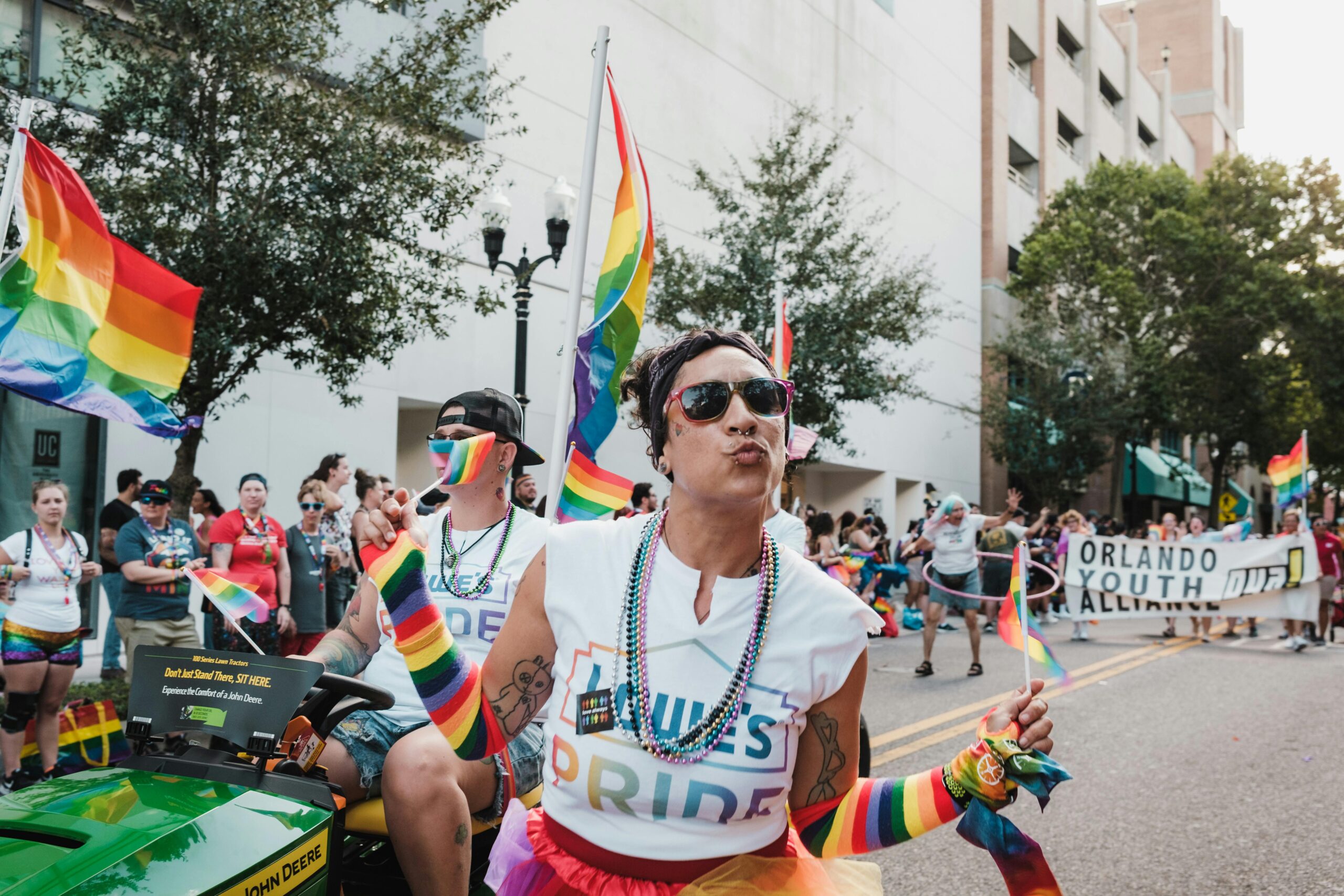
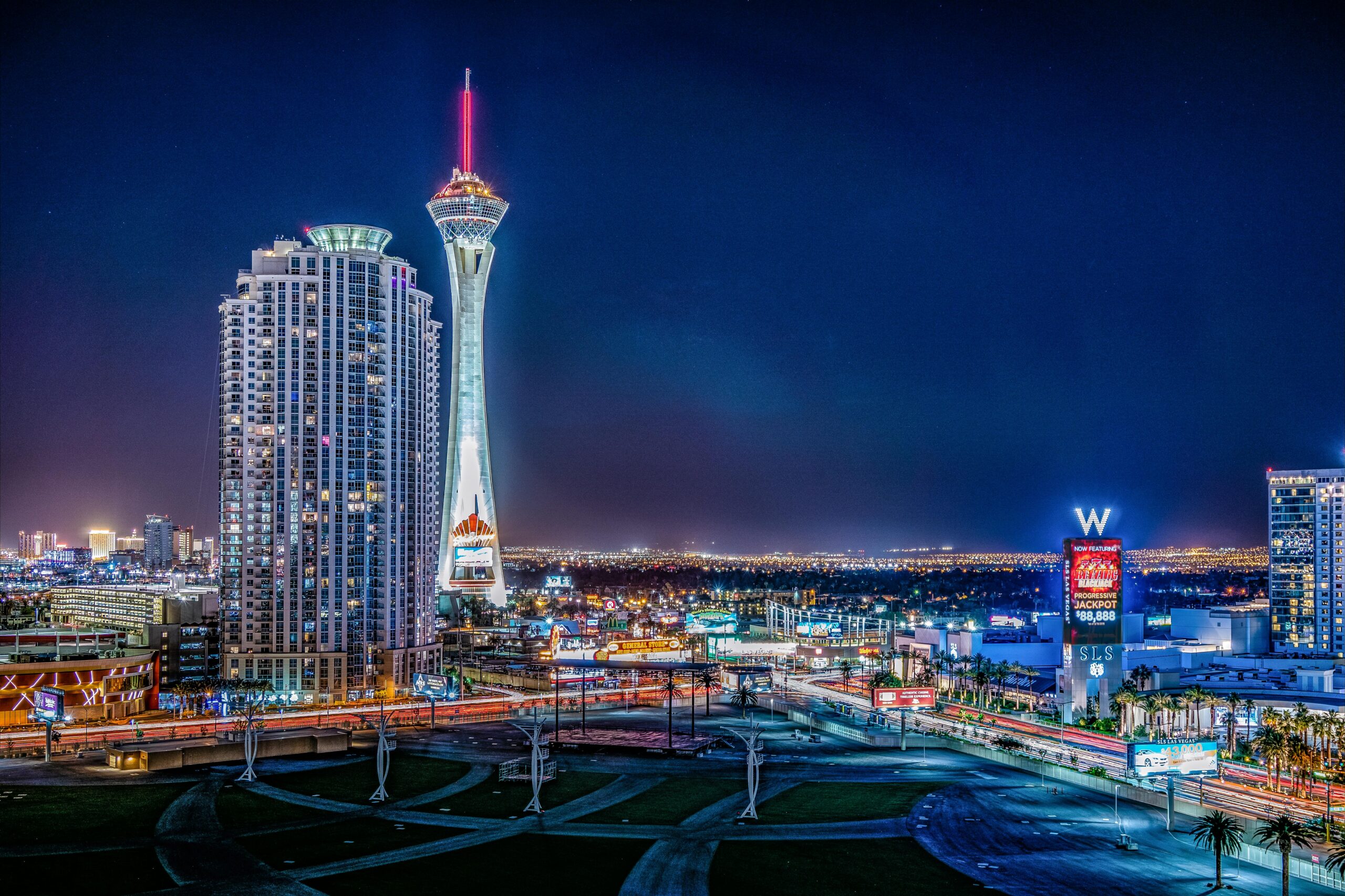
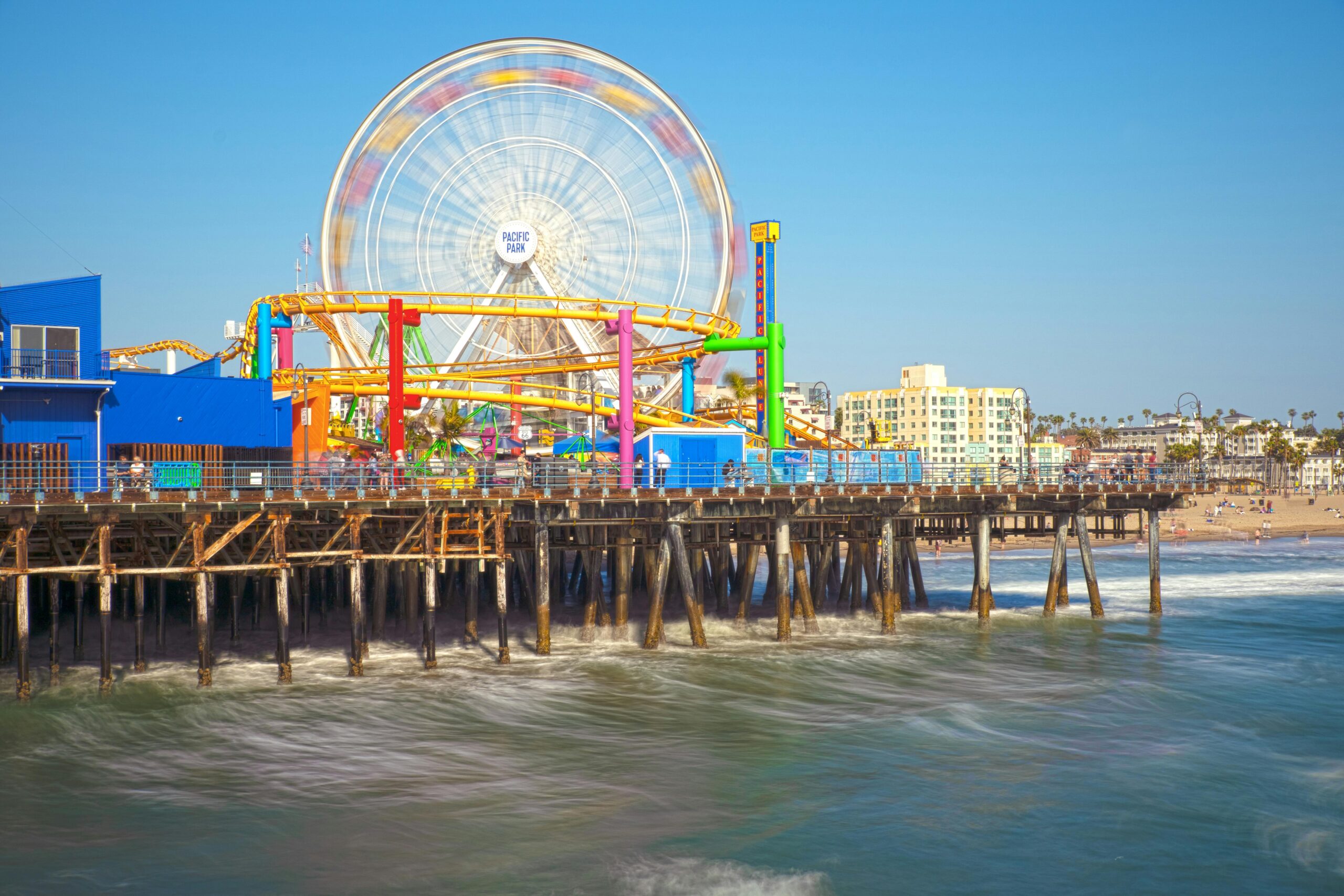
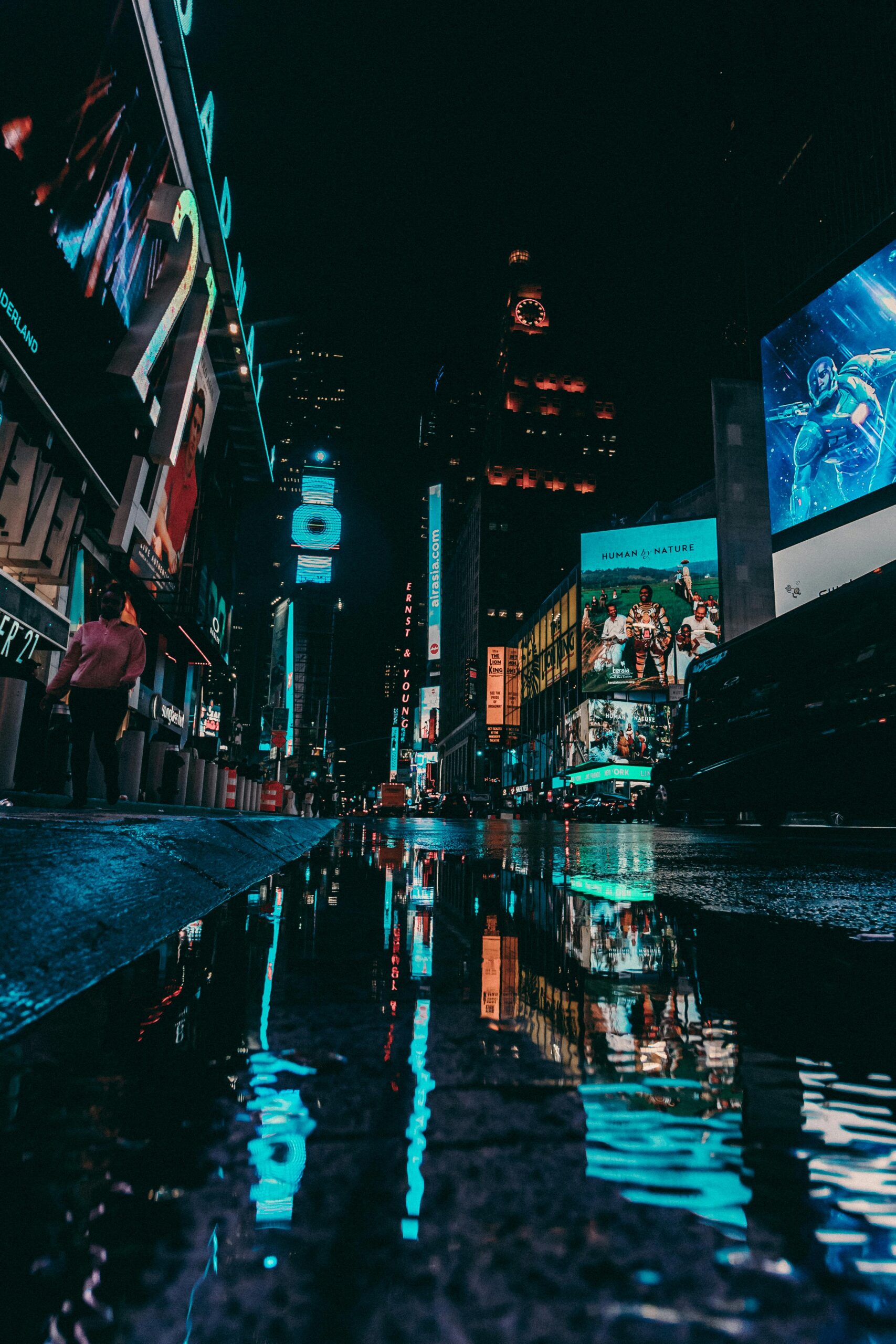
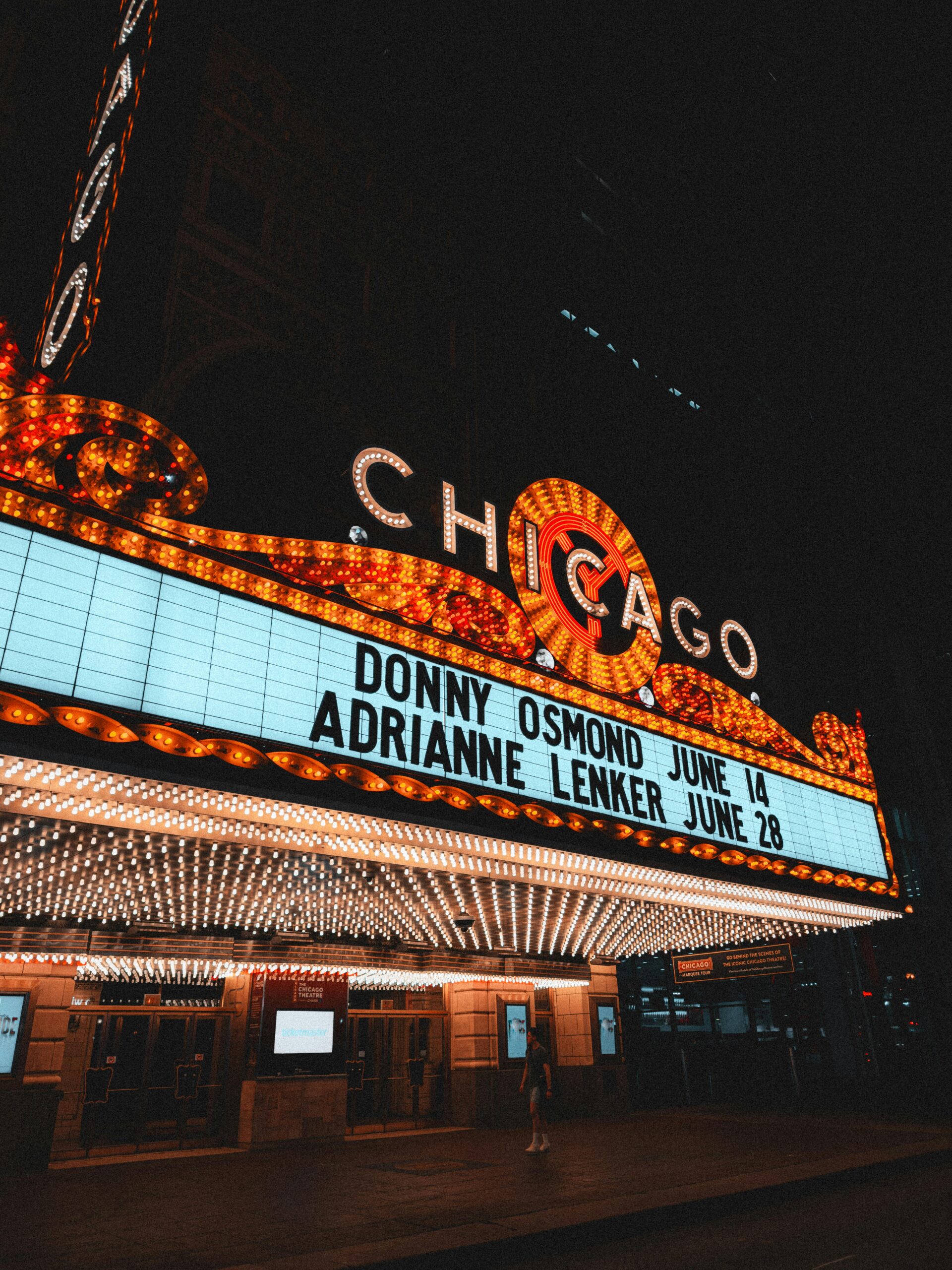
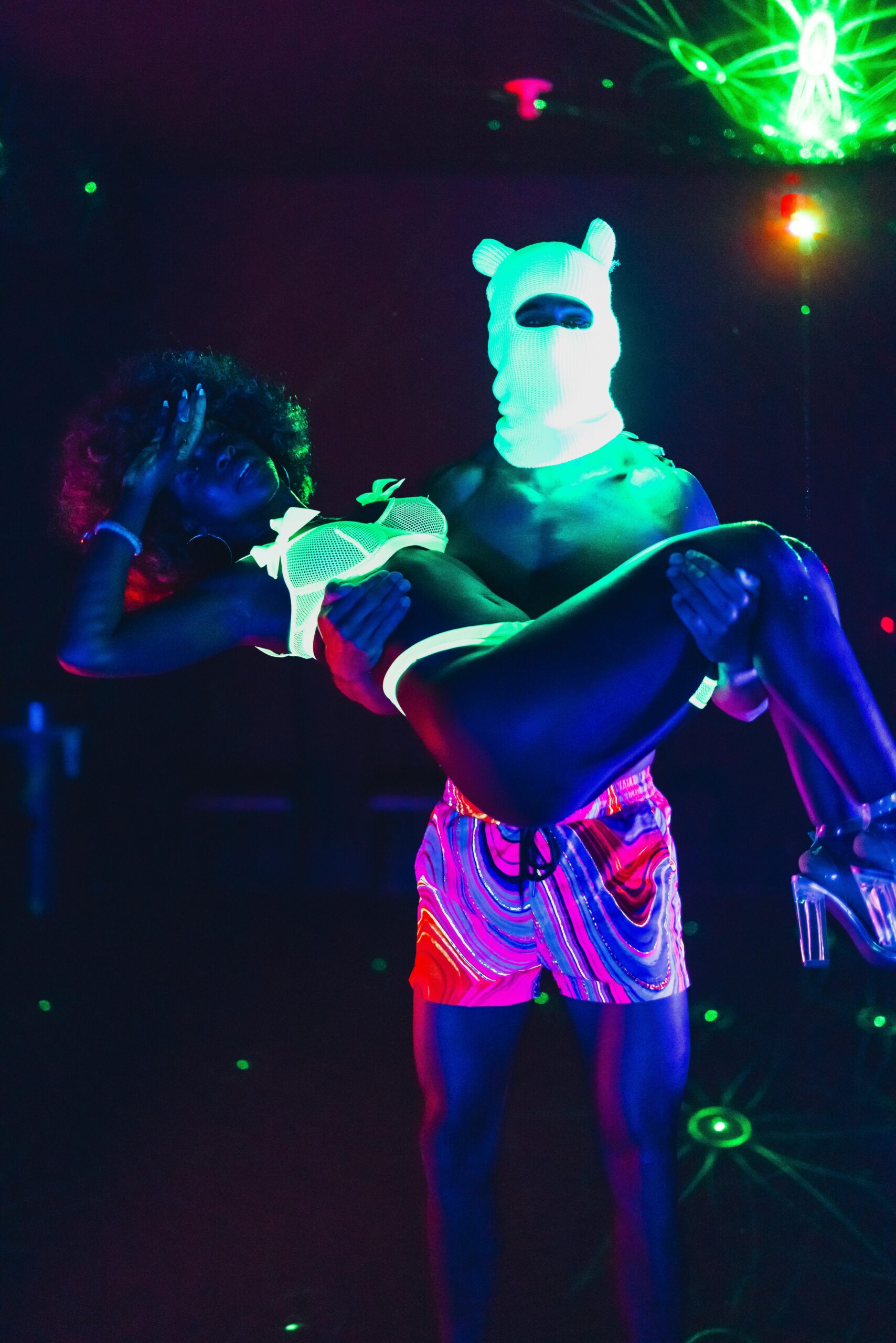
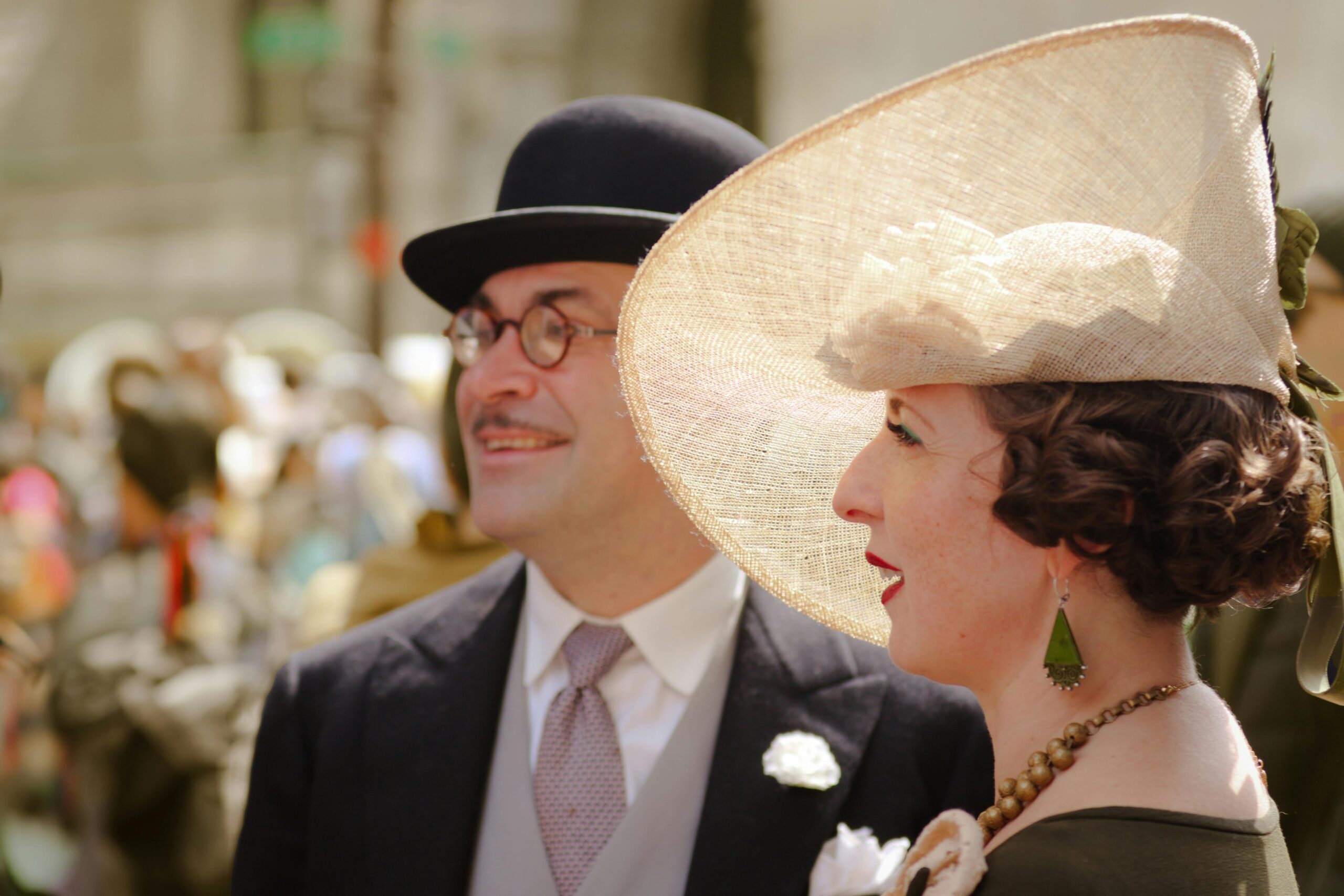
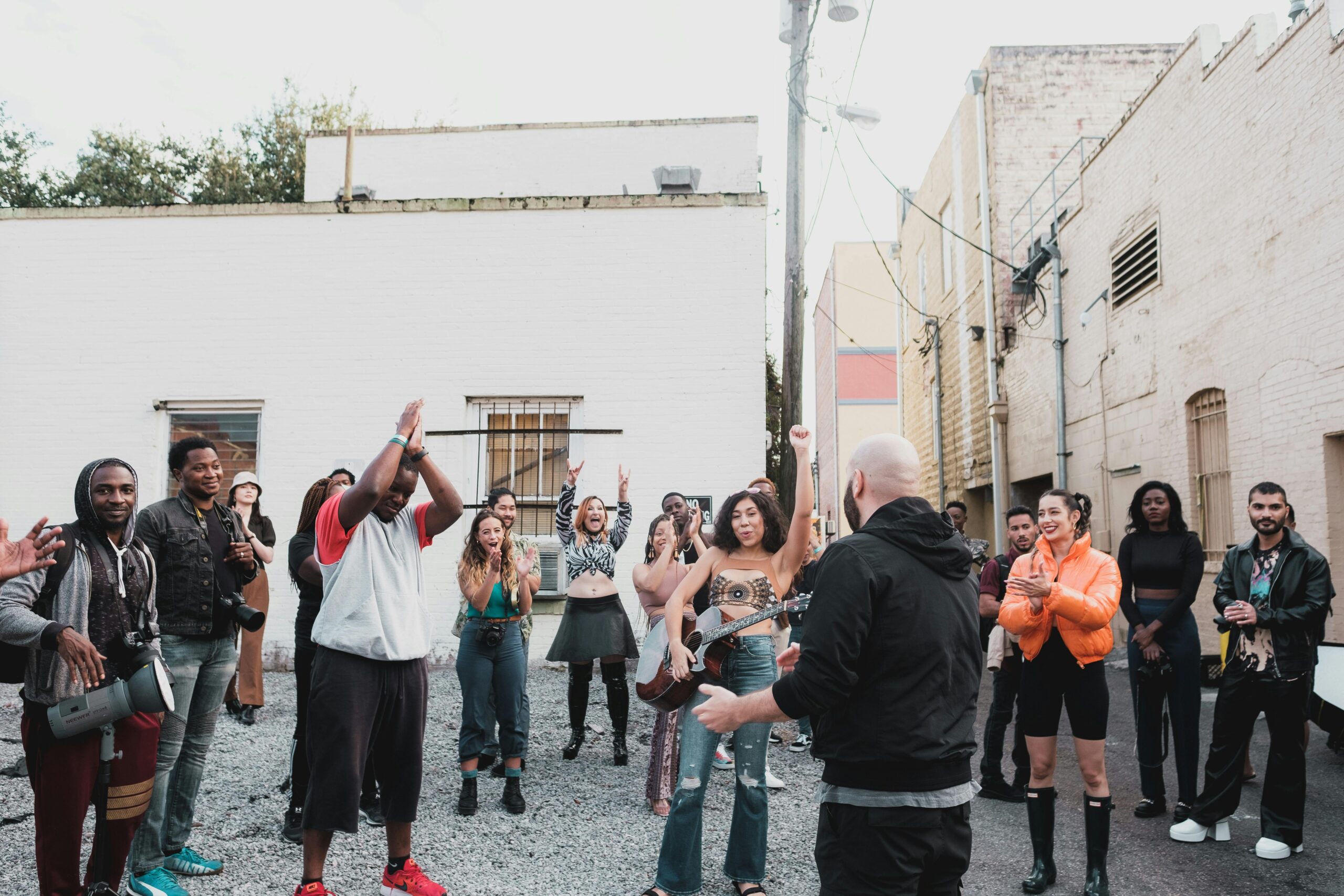
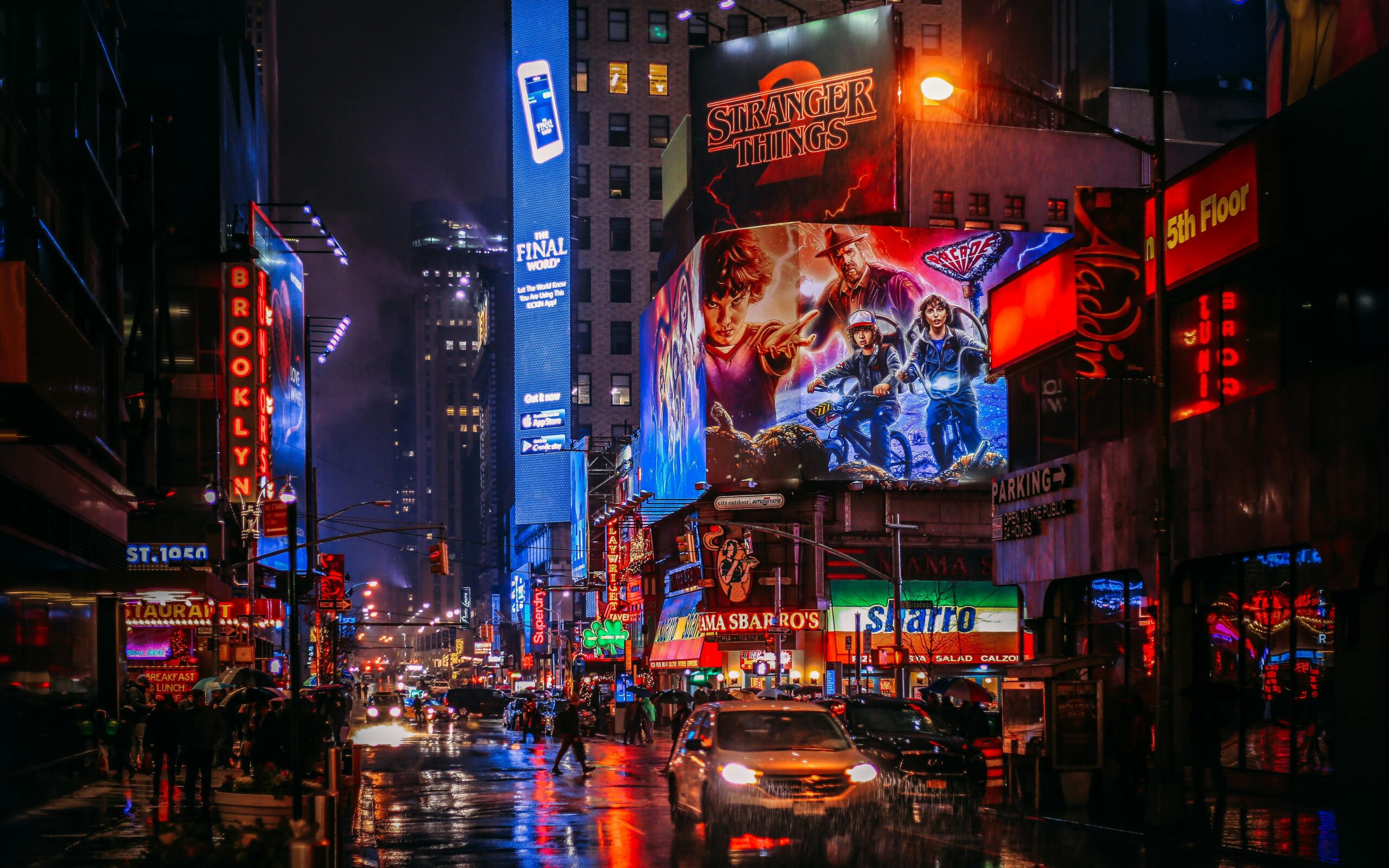
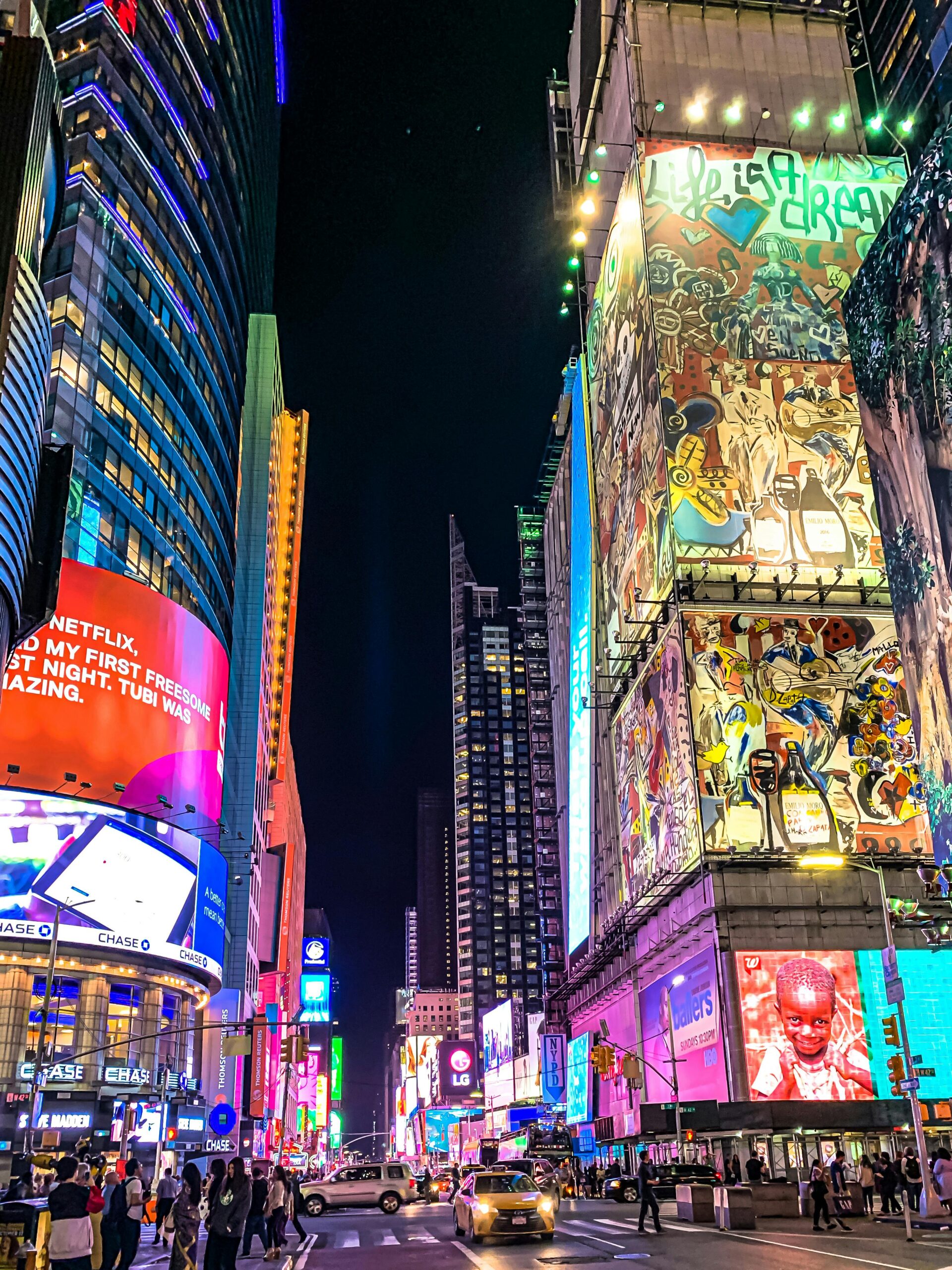
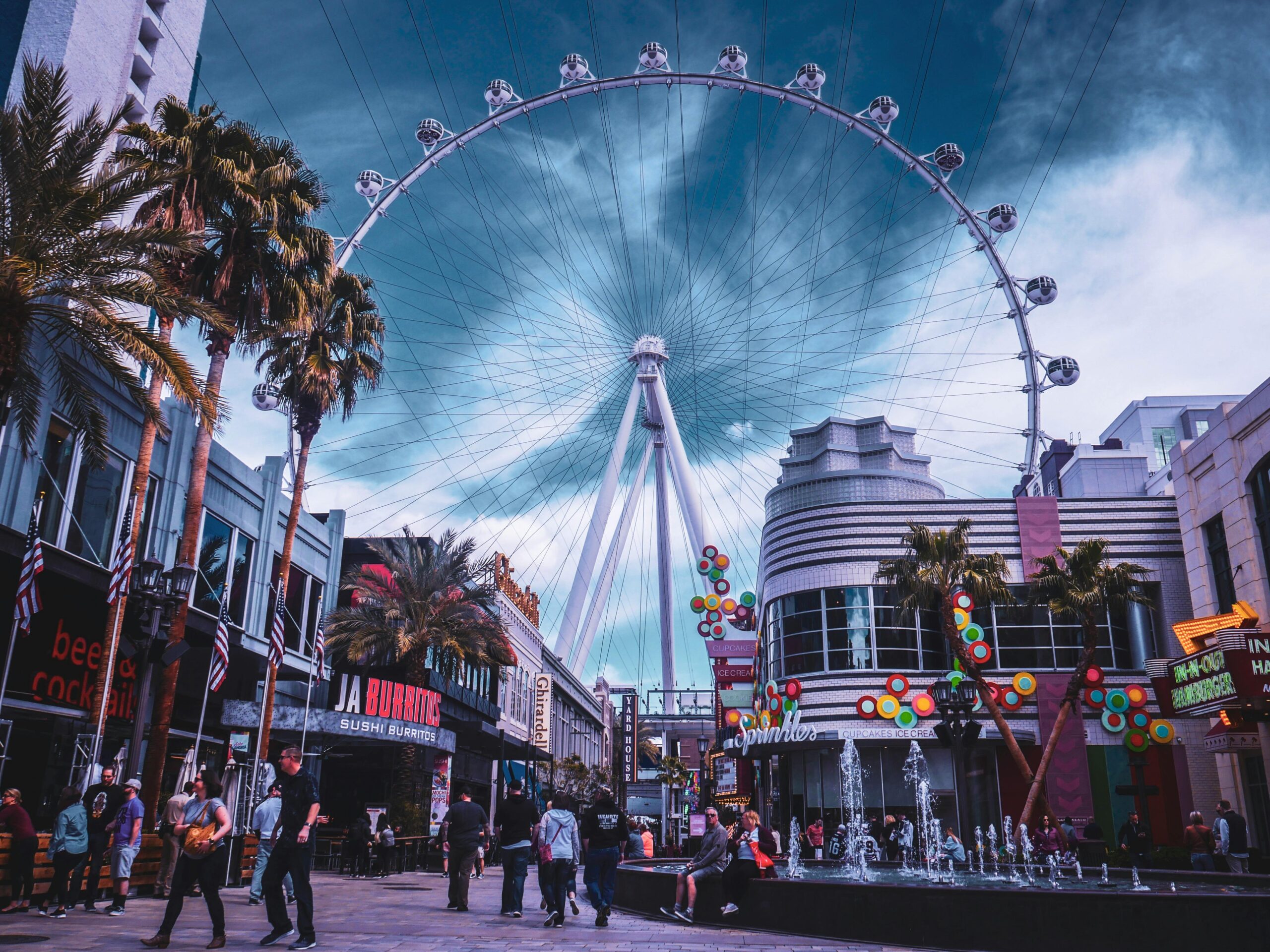



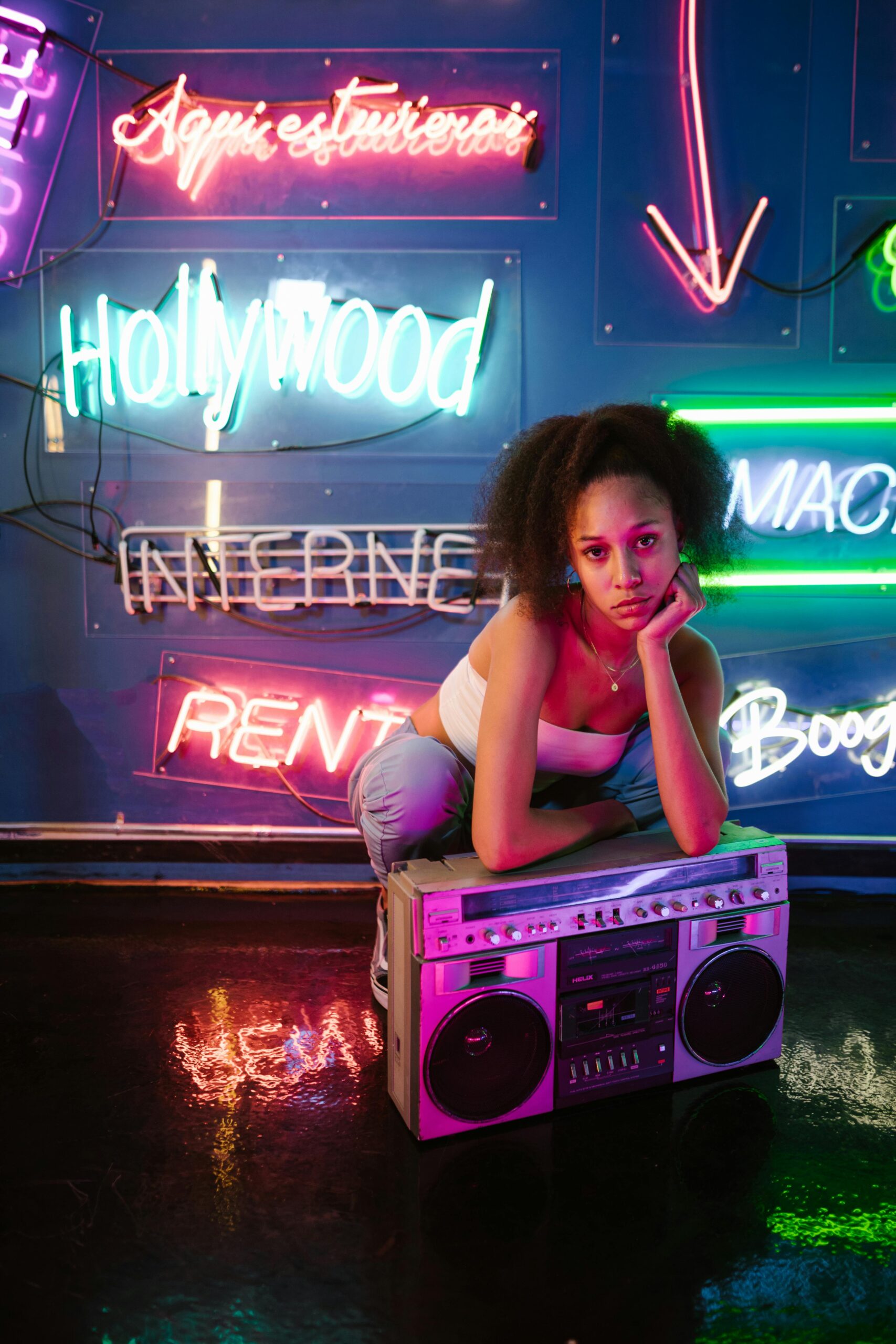
Leave a Reply